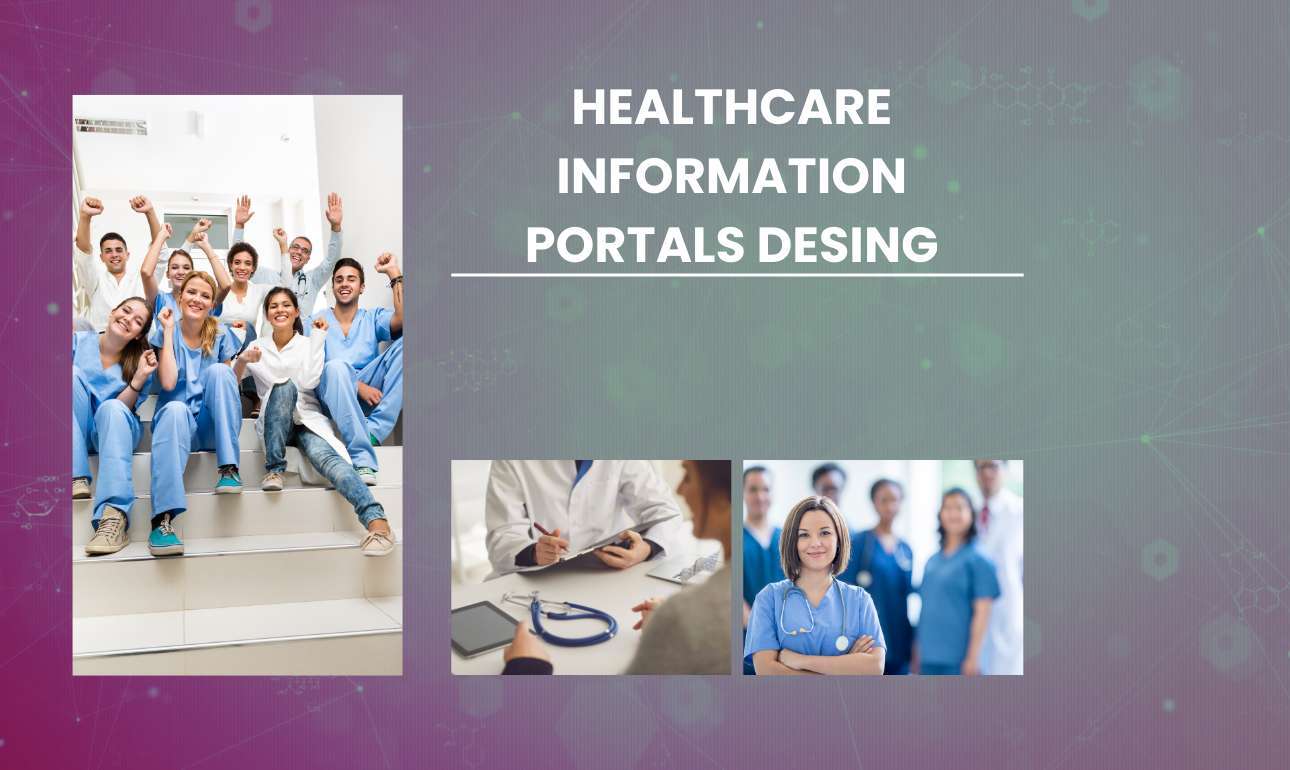Cursor
mode
SEO PLUS GEO
Healthcare Information Portals Website Design and Development Services

Our healthcare information portal design and development services focus on creating informative, accessible, and engaging platforms that provide users with reliable health resources. These websites aim to empower users with knowledge while ensuring easy navigation and interactive tools for a better user experience.
Comprehensive Health Resources
Offer a wide range of health information to meet the needs of your audience.
1. Provide detailed health articles on a variety of topics, from conditions to treatments.
2. Include information on preventive care and healthy living.
3. Offer guides on managing chronic illnesses and wellness strategies.
4. Ensure information is sourced from credible medical institutions.
5. Provide downloadable health tools, such as charts or checklists.
6. Categorize resources by health condition, age group, or treatment type.
7. Include up-to-date medical research and studies for in-depth learning.
8. Ensure resources are regularly updated to reflect the latest health trends and practices.
User-Friendly Search Functionality
Enable easy access to the vast amount of content on your portal.
1. Implement a search bar that returns relevant results in real-time.
2. Offer advanced filters to narrow down search results by category, relevance, or date.
3. Provide search suggestions as users type for quicker access.
4. Integrate search options for medical terms and common health questions.
5. Allow users to search based on symptoms, diseases, treatments, or medications.
6. Highlight top articles or most-viewed resources for better accessibility.
7. Enable voice search for hands-free convenience.
8. Ensure the search function is mobile-responsive for users on all devices.
Interactive Symptom Checkers
Allow users to assess their health and symptoms effectively.
1. Provide a user-friendly symptom checker that asks relevant questions.
2. Offer personalized health recommendations based on input.
3. Include symptom severity ratings to help users understand the urgency.
4. Link to additional resources for further information based on symptoms.
5. Allow users to track symptoms over time for better understanding.
6. Include a disclaimer to encourage seeking professional medical advice.
7. Integrate with healthcare providers for direct consultation options.
8. Provide a feature to suggest nearby healthcare facilities based on symptoms.
Reliable Medical News and Updates
Keep your users informed with accurate and timely health news.
1. Provide regular updates on the latest medical research and breakthroughs.
2. Cover global health trends, including epidemics, medical innovations, and treatments.
3. Offer news on public health policies and guidelines.
4. Include expert opinions and interviews on trending health topics.
5. Use trusted medical sources to ensure news accuracy and credibility.
6. Curate a dedicated section for health-related news for easy access.
7. Allow users to subscribe to newsletters or notifications for real-time updates.
8. Provide summaries and links to full articles for deeper exploration.
Community Forum for Discussions
Encourage engagement through a supportive online community.
1. Provide a space for users to ask questions and share experiences.
2. Organize discussions by topics such as specific diseases, treatments, or wellness.
3. Implement moderation to ensure a safe and respectful environment.
4. Allow users to post anonymously for sensitive health-related topics.
5. Enable private messaging for one-on-one conversations.
6. Provide voting or reaction options for popular posts.
7. Allow users to follow certain discussions for updates.
8. Offer a “new to the community” section to welcome newcomers.
Expert Articles and FAQs
Provide users with in-depth insights and answers to common health questions.
1. Feature expert-written articles by medical professionals on various health topics.
2. Include detailed FAQs to address common health concerns and medical procedures.
3. Offer easy navigation to different topics within articles for clarity.
4. Link to external authoritative sources for further reading.
5. Allow users to submit their questions for expert responses.
6. Ensure articles are well-researched, evidence-based, and regularly updated.
7. Incorporate multimedia like infographics or videos for better understanding.
8. Offer a “featured expert” section to highlight authoritative voices in healthcare.



